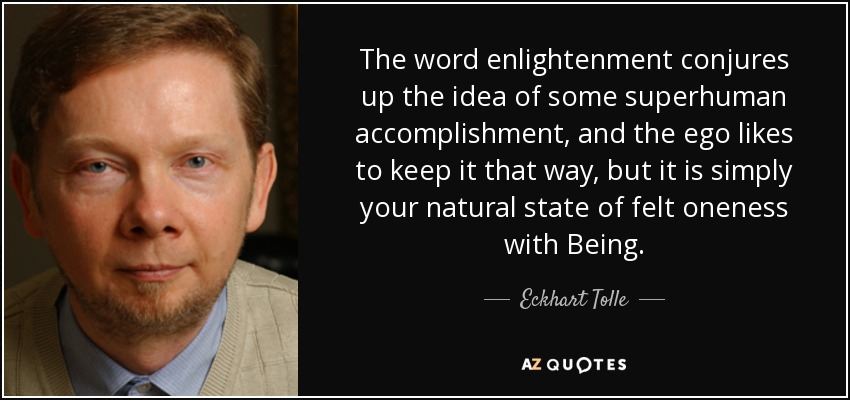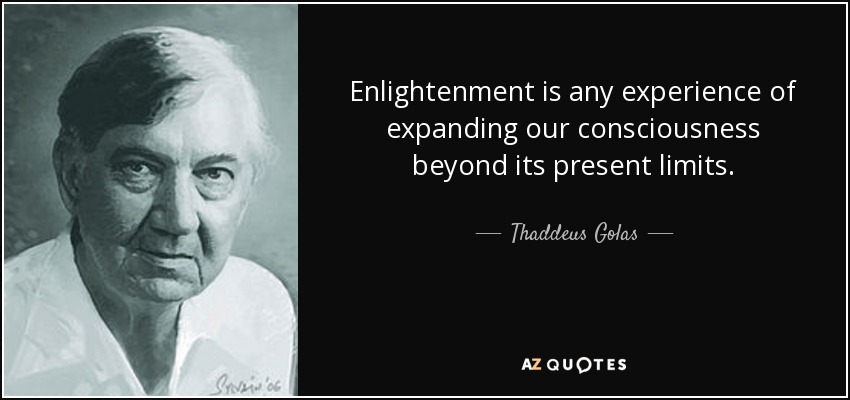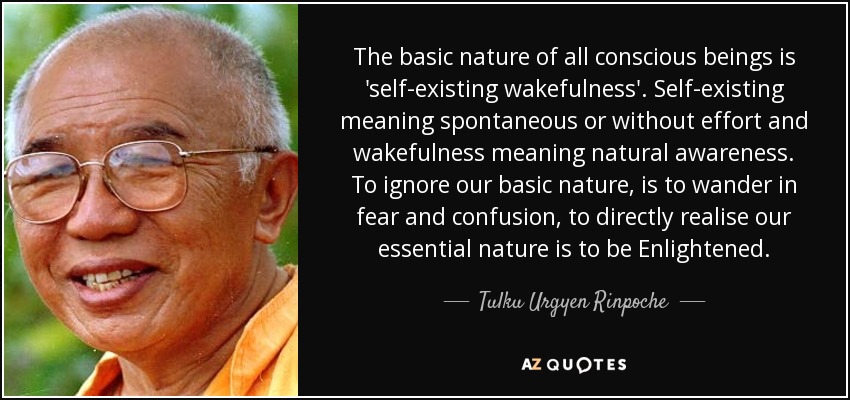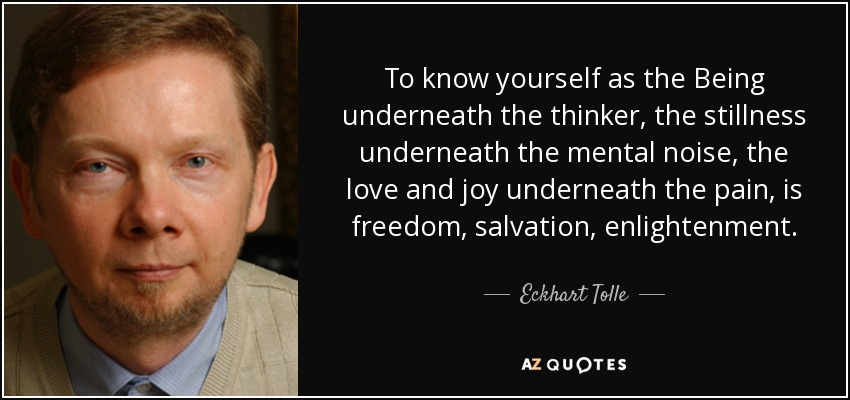Zen stories to tell your neighbours -
Nothing captures our attention quite like a good story. Long before there was television, movies, radio, and even books, people told stories as a way to entertain and educate. Storytelling was as important to prehistoric cave-dwellers eating antelope around a fire as it is to corporate executives doing lunch. It's in our human blood. We love the development of plot and character, the climax, the resolution, the vicarious thrill of living and learning through tales of others sufferings and triumphs. All of literature and media is but an extension of the more basic urge to tell a good story. The advantage of storytelling, though, is that you do it in person - right there, right in front of people, so you get to see, hear, and feel their reactions. Unlike books and television, storytelling is much more interactive and personal. You don't do it alone, unless you're quite psychotic.... but that's another story.
This web site is a collection of stories from the Orient, mostly Zen and Taoist tales. Why am I suggesting that you tell these stories to your neighbors? Is it because these are among the oldest stories in human history and have withstood the test of time? Is it because Zen and Taoism are ancient religions offering profound insights into human nature, the cosmos, and spirituality?... Maybe. Or maybe it's just because they are fun to tell. Without a doubt, these stories capture all sorts of truths about life and death. But they are also witty, entertaining, humorous, and at times puzzling, even mind-bending. And they are not just the secret lessons of monks sequestered away in mountain monasteries. The ancient teachers intended these stories to be used by everyone, everywhere. On the train to work, during dinner at a restaurant, leaning over the backyard fence as you talk to your neighbor - all of these situations and more lend themselves to these stories. Once you read and learn a few of them, you will see opportunities to tell them popping up everywhere with your family, friends, and coworkers. Think of these tales as conversation pieces, as handy tools that you can lift out of your pocket to help you and others talk, think, and laugh about the wondrous and mysterious details of this thing we call Life.
To help you with your storytelling, I've done a little bit of background work for you. I've collected many people's reactions to these stories. These people include students from the psychology classes I teach, my friends and relatives, and cybernauts who have visited this site. As you will see, people interpret each story in very different ways. That's what makes them so interesting. You may have heard some of these tales before and believe you know what they "mean." But if you read these people's reactions - or tell the stories to your neighbors and hear their reactions - I think you'll be amazed at how these tales strike a different chord in everyone. The stories have many meanings.Talking about those meanings with your friends and family can be a truly educational experience.
So read on. Pick out the stories that sound interesting. Read this hypertext book from "cover" to "cover," or at random, or use the links at the bottom of each story to connect to other stories with similar themes. There's no right or wrong way to do this. Pick the method that works best for you. And perhaps, like the old man at the top of the precipice, you will see something surprising.
Zen Stories to tell Your Neighbors
All the best!






